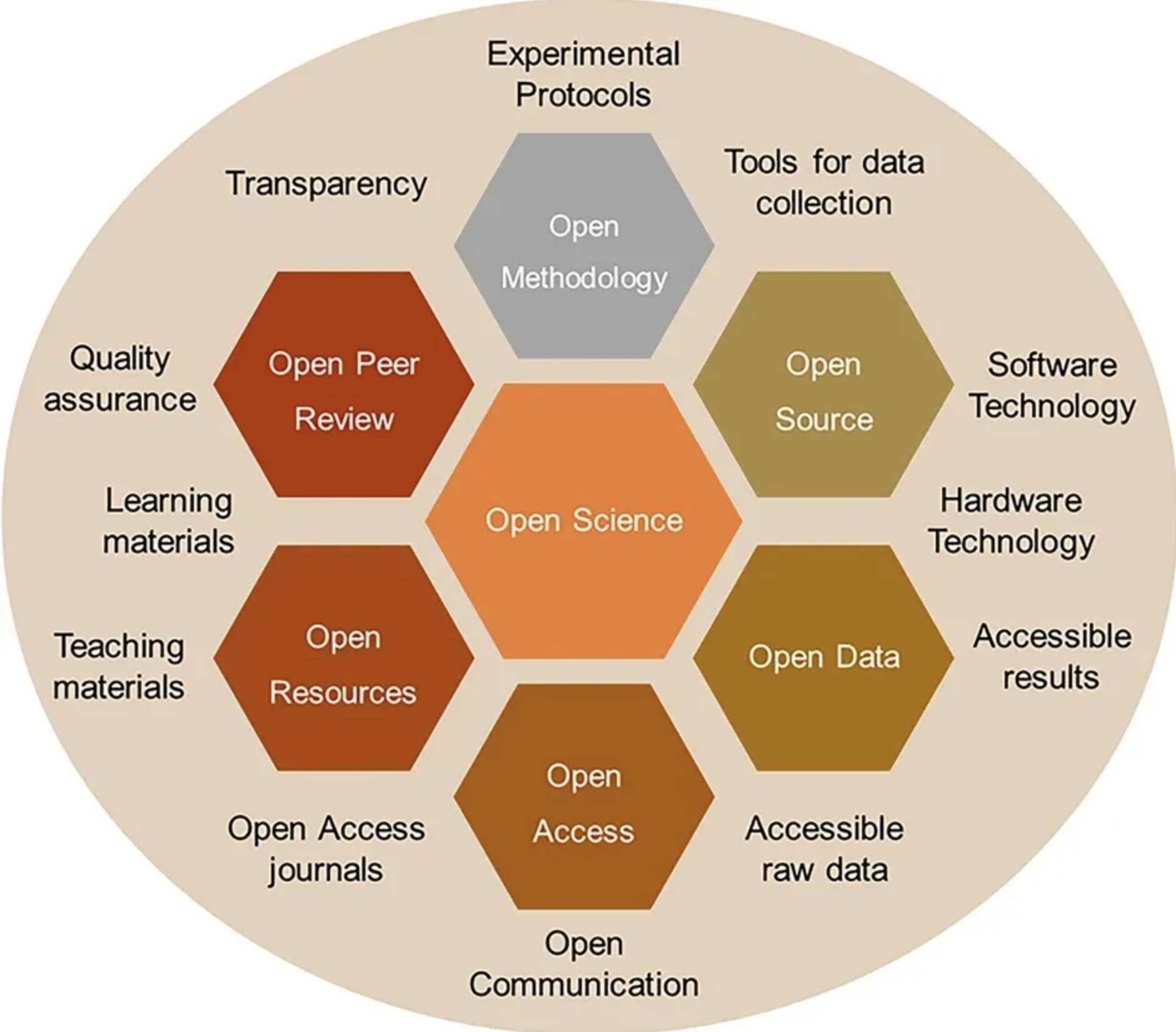What is the future of open science?
In collaboration with the Robert Wood Johnson Foundation, DCS researchers Jenna Rines and Katie Donnelly have been tracking conversations about how practices in open science are evolving, and recently published an article for RWJF’s The Future Of… series.
The article explores the successes of open science, which is an approach to research that fosters a “collaborative culture” through making scientific knowledge transparent, available, and accessible. Critics of traditional scientific practices note the largely dysfunctional reward system focusing on novel, positive, and tidy outcomes, which has contributed to the current reproducibility crisis plaguing the scientific community.
The open science movement aims to move away from the academic “publish or perish” mentality, encouraging researchers to replicate experiments, verify conclusions, and continue to move the whole field of inquiry forward with a more reliable basis for discovery. Widespread access to research supports innovative interdisciplinary approaches, which can lead to new breakthroughs as demonstrated during COVID-19, and also challenges gatekeeping practices that box out input and evidence from patients and communities struggling with disparities in treatment.
Embracing open science practices can help to address these challenges and catalyze movement toward more equitable futures. According to UNESCO: “Open science has the potential of making the scientific process more transparent, inclusive and democratic. It is increasingly recognized as a critical accelerator for the achievement of the United Nations Sustainable Development Goals and a true game changer in bridging the science, technology and innovation gaps and fulfilling the human right to science.”
As noted in the article, we are in a watershed moment for adoption of the practices of open science. Here in the U.S., the White House declared that 2023 was the “Year of Open Science.” This built upon the release of “the Nelson memo” by the Office of Science and Technology Policy—which mandated that by the end of 2025, all research and data funded by any federal agency be made freely available immediately, with an eye toward providing equitable access. This sweeping requirement is poised to change the practices of both private funders and universities.
In the context of a growing movement, the article unpacked some ways how philanthropy can support the practices of open science and those who are working to apply them to questions of equity. These include espousing the values of open science and incorporating practices and principles as criteria with research grantees, as well as taking steps to prevent potential unintended consequences of the knowledge sharing process and systems. We also hear from Dr. Brian Nosek, co-founder and director of the Center for Open Science and RWJF grantee about his recent work, as well as suggestions for funders as they move to support practices and practitioners.

